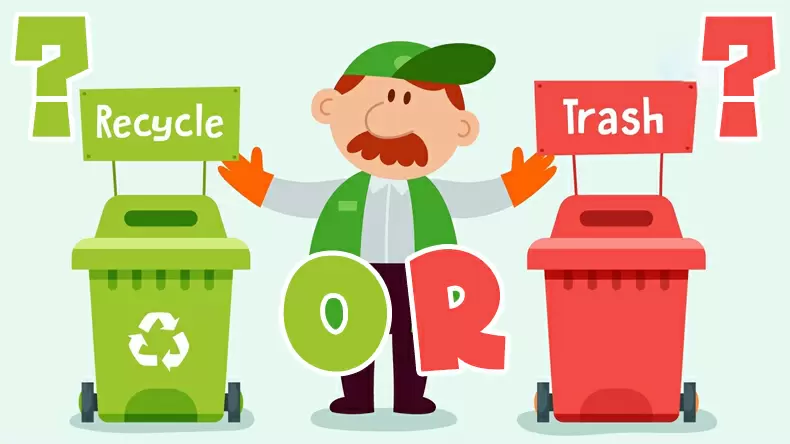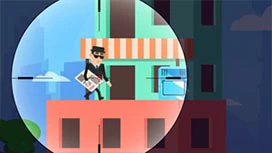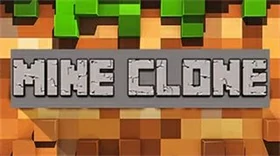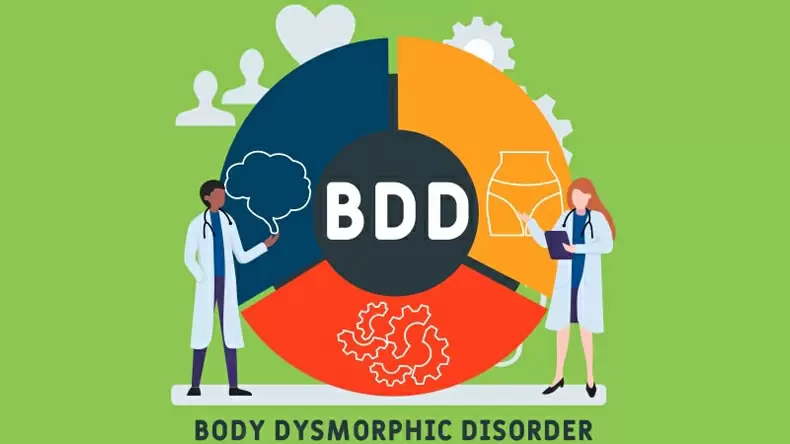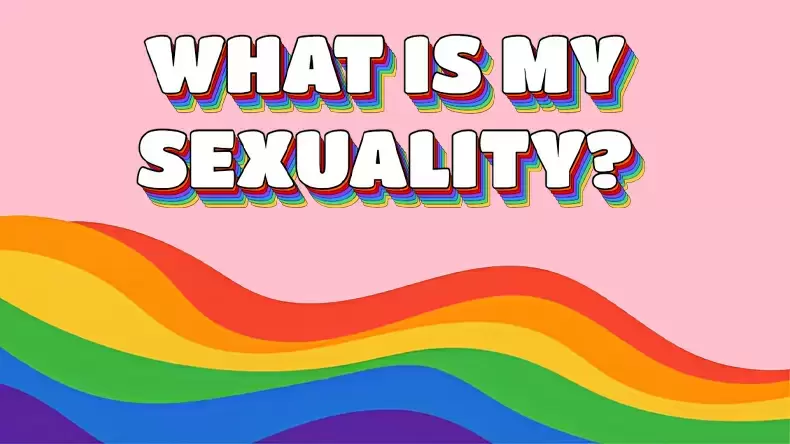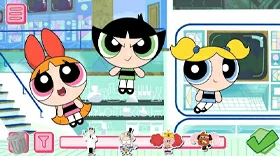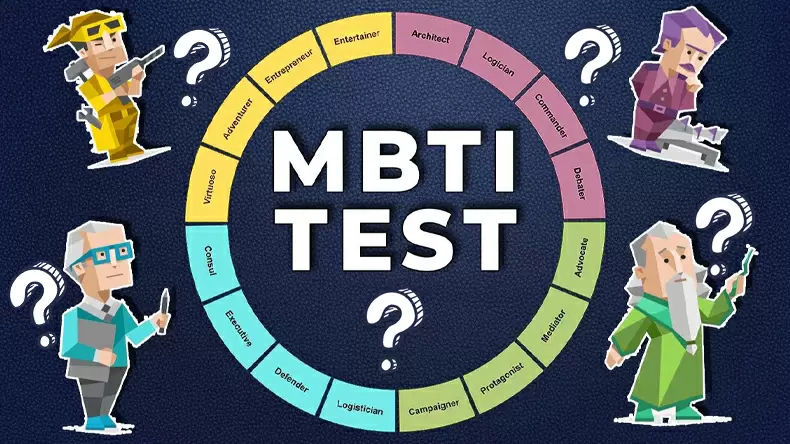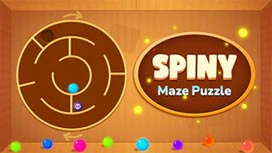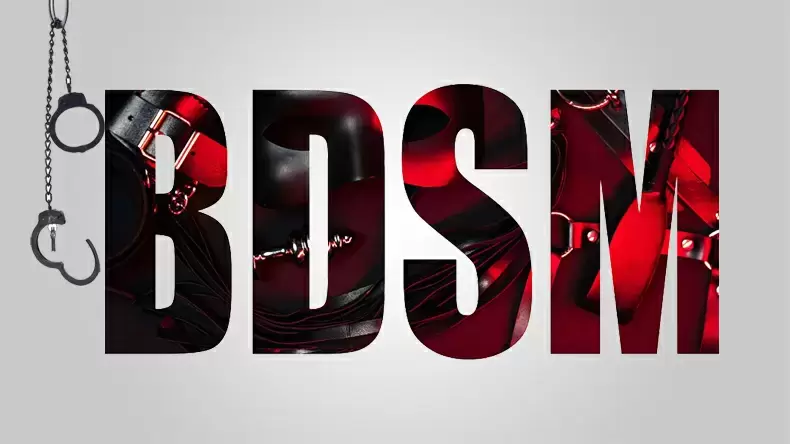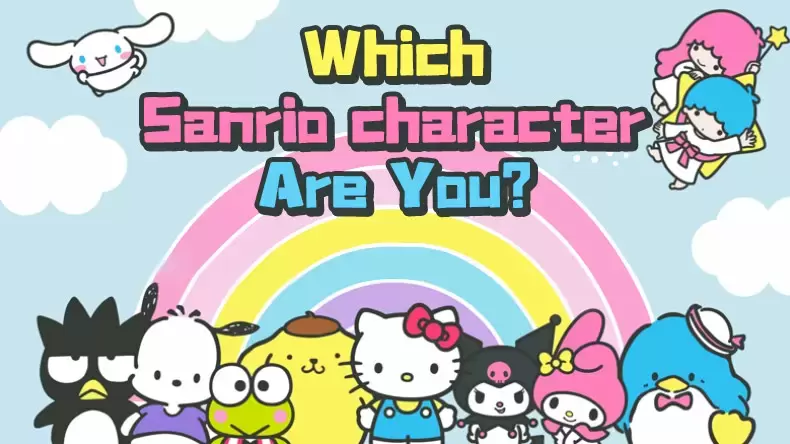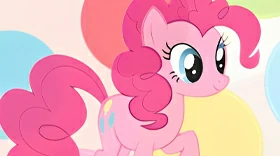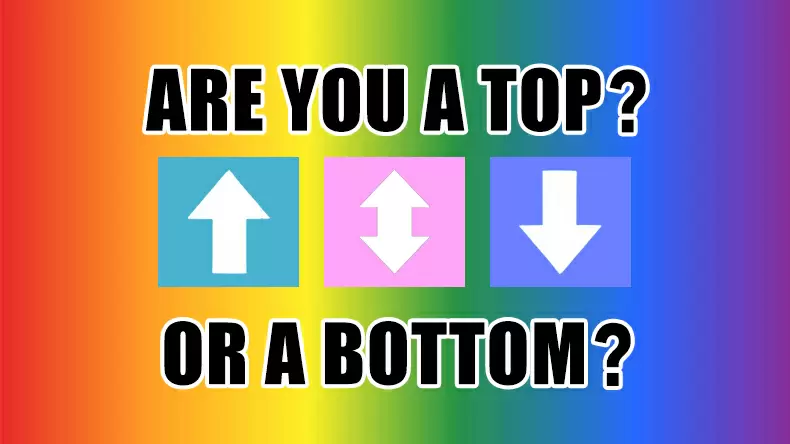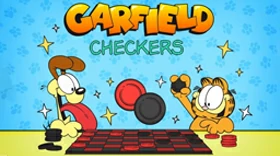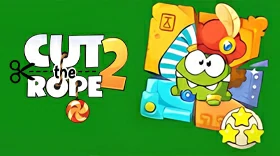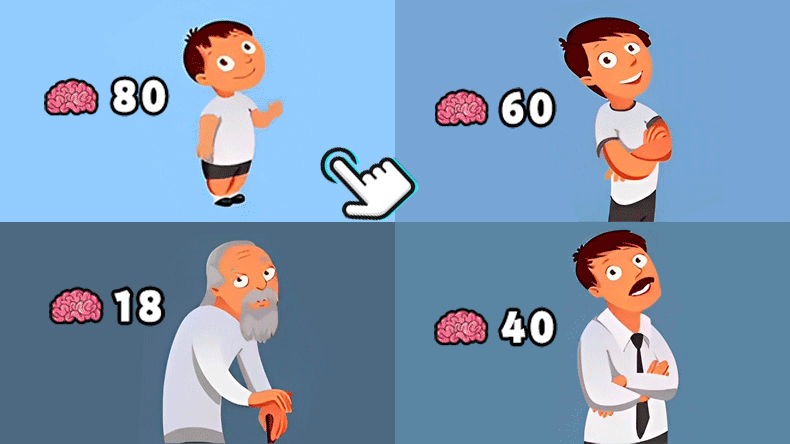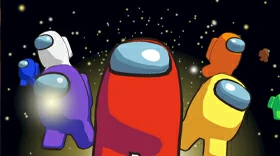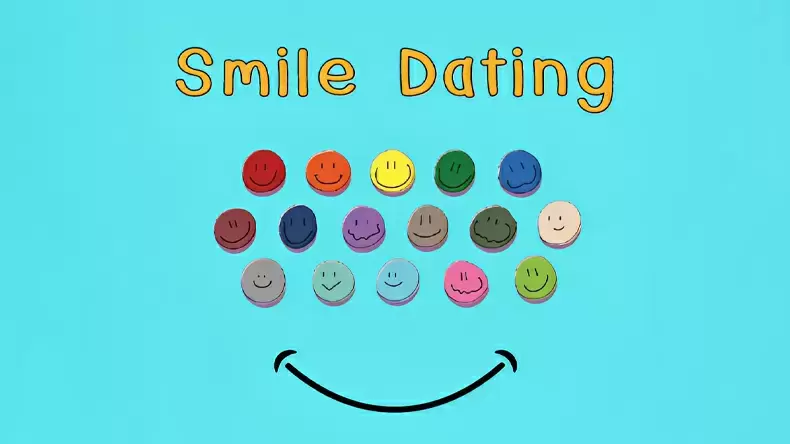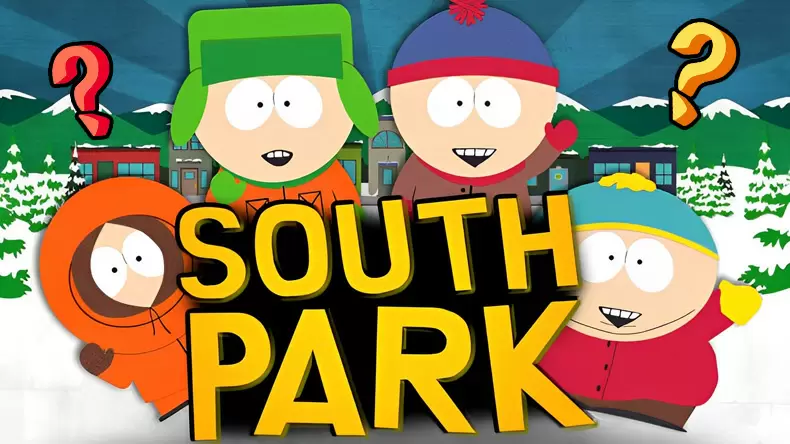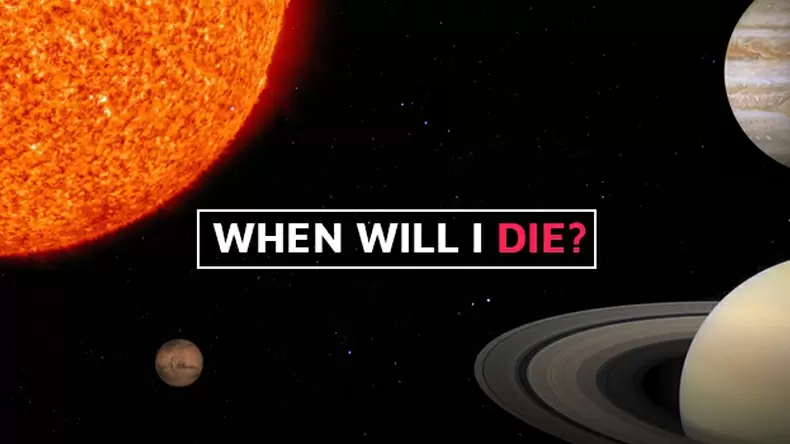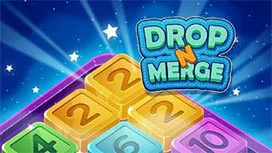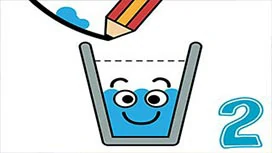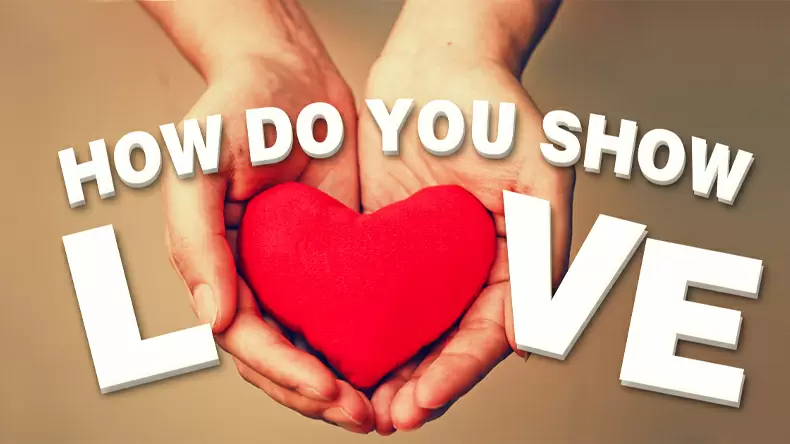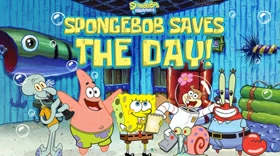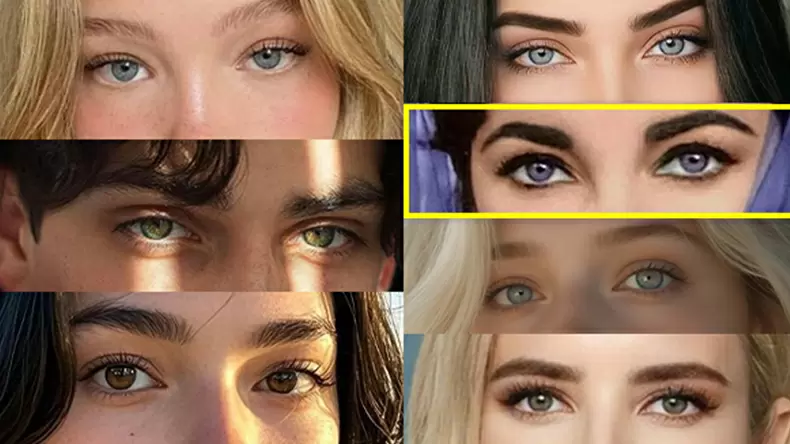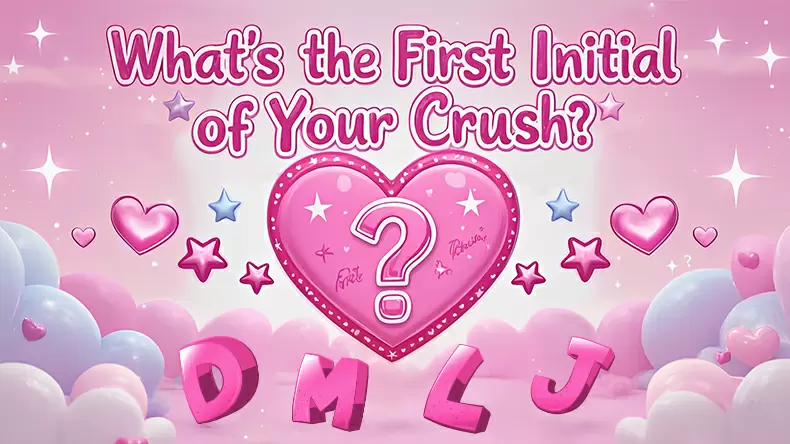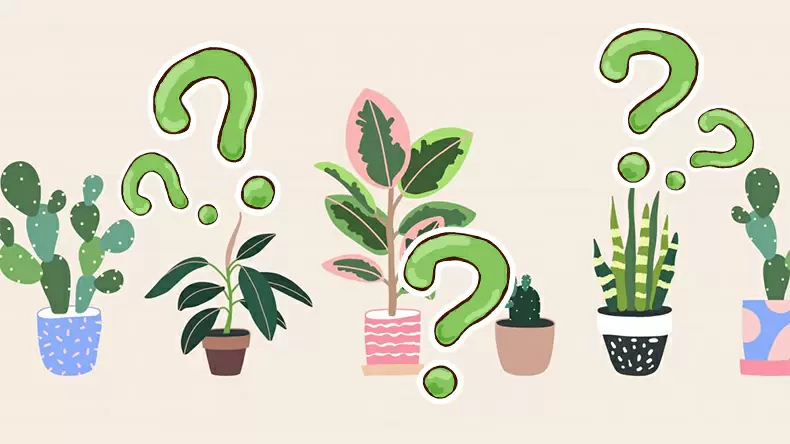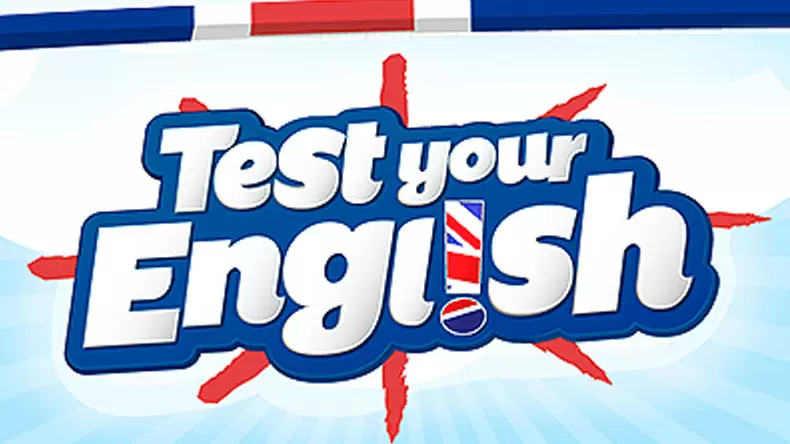Captain Sniper
Are you a recycling pro or a trashy amateur? Find out with our Waste Recycle Trivia Quiz!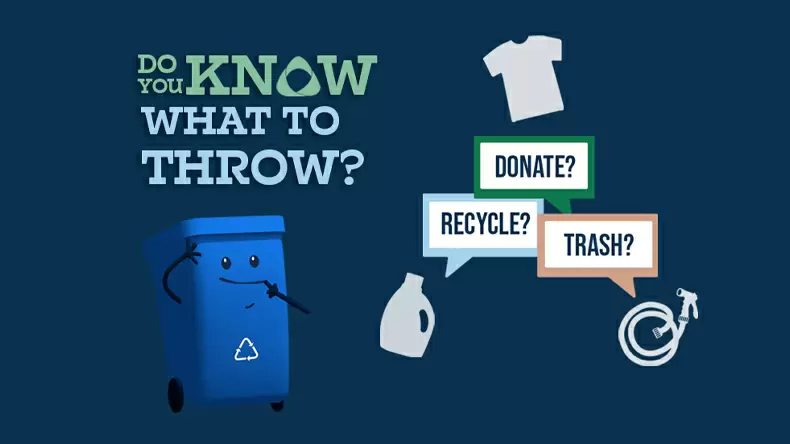
Recycling is one of the easiest actions people take to help the environment. When we recycle we divert waste from the landfill which extends the life of landfills and reduces methane emissions (a potent greenhouse gas). Recycling brings new uses to tossed items, which conserves virgin materials (like trees), energy, and water. According to waste studies, 50% of the trash we throw in our black garbage bins can be diverted by recycling or composting.
Recycling: A Vital Action for a Sustainable Future
1. Understanding the Importance of Waste Recycling:
Waste recycling is essential for several reasons. Firstly, it helps to conserve natural resources by reducing the need for raw materials. By recycling materials such as paper, glass, and metal, we can minimize the extraction of resources from the earth, which in turn helps to protect natural habitats and ecosystems. Additionally, recycling reduces the amount of waste that ends up in landfills, which can have detrimental effects on the environment and human health. Landfills produce greenhouse gases and toxins that can contaminate soil and water, leading to pollution and other environmental hazards. By recycling, we can mitigate these negative impacts and contribute to a cleaner, healthier planet.
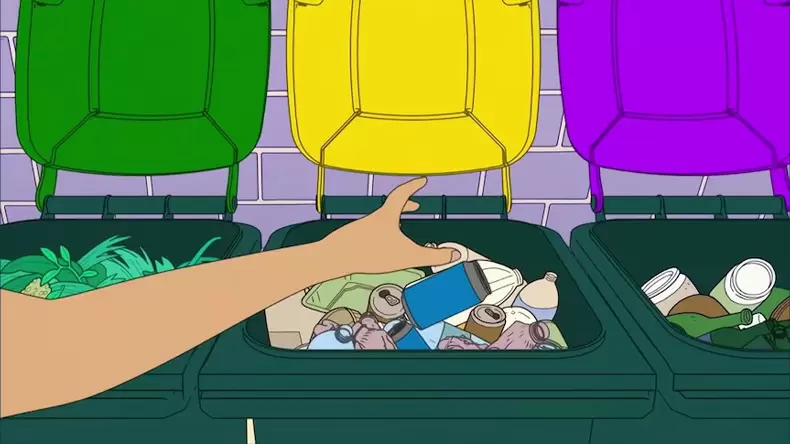
2. Types of Recyclable Materials:
There are various types of materials that can be recycled, including paper, plastic, glass, metal, and electronic waste. Paper recycling involves the collection and processing of used paper products to create new paper and cardboard. Plastic recycling is the process of recovering and reprocessing plastic waste into new products, reducing the consumption of raw materials and energy. Glass recycling involves collecting and melting used glass to create new glass products, which helps to conserve energy and reduce greenhouse gas emissions. Metal recycling is the process of reusing metal materials such as aluminum, steel, and copper, which helps to conserve natural resources and reduce pollution. Electronic waste recycling involves the recovery and reuse of electronic devices and components, preventing hazardous materials from entering the environment.
3. The Recycling Process:
The recycling process involves several key steps, including collection, sorting, processing, and manufacturing. Collection refers to the gathering of recyclable materials from homes, businesses, and other sources. Sorting involves separating different types of materials to ensure that they can be processed and recycled efficiently. Processing includes cleaning, shredding, and melting the materials to prepare them for manufacturing. Manufacturing involves using the recycled materials to create new products, which can then be distributed and sold to consumers. Each step of the recycling process is essential for ensuring that materials are reused effectively and sustainably.
4. Benefits of Waste Recycling:
There are numerous benefits to waste recycling, including environmental, economic, and social advantages. Recycling helps to conserve natural resources, reduce energy consumption, and minimize pollution, which contributes to a cleaner and healthier environment. Additionally, recycling creates jobs and stimulates economic growth by supporting industries that produce and use recycled materials. Furthermore, recycling can help to reduce the cost of waste management and disposal, saving money for individuals, businesses, and governments. Overall, waste recycling is a win-win solution that benefits both the planet and society.
What Goes Where:
Blue recycling bins - paper, plastic, and glass
Green Composting bins - food waste, soiled paper products, and paper food containers
Black trash bin - everything else
Hazardous waste - paint and painting supplies, pesticides and other chemicals, car parts, and fluorescent and CFL lightbulbs
E-waste - broken computers, printers, and small appliances and gadgets.
Bulky items Bulky items - mattresses and appliances
Think you know your recyclables from your garbage? Take our recycle knowledge quiz and put your knowledge to the test!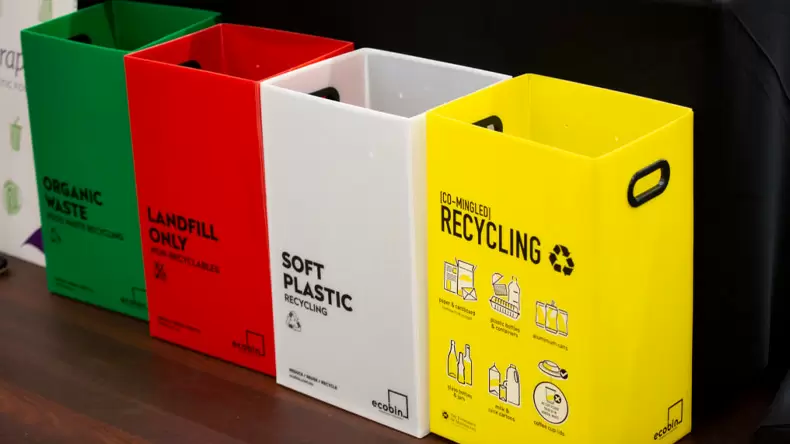
POPULAR
Harry Potter Quiz: Which Hogwarts house do you belong to?
Mine Clone 4
Body Dysmorphia Test: Do I Have BDD? Quiz
Hungry Shark Arena
Sexuality Test: Discover Your True Colors Quiz
The Powerpuff Girls Doodle Maker
Soldier, Poet, King Personality Quiz
Fruit Ninja
Which Disney Princess are You? Quiz
Worm Hunt - Snake Game Io Zone
Am I A Furry? Quiz
Peppe Pig Ice Skating
16 Personalities Test - Find Out Your 16 Personalities Type Quiz
Spiny Maze Puzzle
BDSM Test: Exploring Your Kinky Side Quiz
Disney Junior Holiday Party
Which Sanrio character Are You? Quiz
Pinkie Pie Color Puzzle
Lesbian Test: Am I Lesbian? Quiz
Home Scapes
Are you A Top or A Bottom? Quiz
Greenlight Redlight
Pooh Pathology Test: What's Your Winnie the Pooh Pathology? Quiz
Garfield Checkers
Picky Eater Test: Are You a Picky Eater? Quiz
Clash Of Skulls
Which BLACKPINK Member Are You? Quiz
Cut The Rope 2
Mental Age test: What's your mental age? Quiz
Tom And Jerry Matching Pairs
Idiot Test: Am I an Idiot? Quiz
Among Us The Imposter
Sissy Test: Am I Sissy? Quiz
Sonic Run Adventure
Smile Dating Test Quiz
Football Brawl
Which South Park Character Are You? Quiz
Super Mario Run
When Will I Die? Death Calculator Quiz
Drop N Merge
What is My Angel Number? Personality Test Quiz
Happy Glass
The Big Five Personality Test Quiz
Garden Tales 2
Quiz: Am I Straight - Test Your Heterosexuality
The Smurfs Ocean Cleanup
What Animal Am I? Personality Test Quiz
Ninja Hands
How Can I Show Love? Love Languages Test Quiz
Spongebob Saves The Day
Gay Test: Am I Gay Quiz?
Candy Riddles Free Match 3 Puzzle
Omegaverse Quiz: What ABO type Are You?
New Quiz
What's Your Crush's Secret Thought About You? Quiz
What Eye Color Does My Future Crush Have? Quiz
What's the First Initial of Your Crush? Quiz
Which Plant Personality Are You? Quiz
Who Is My Digimon Partner? Quiz
Your 2025 Word Of The Year Quiz
